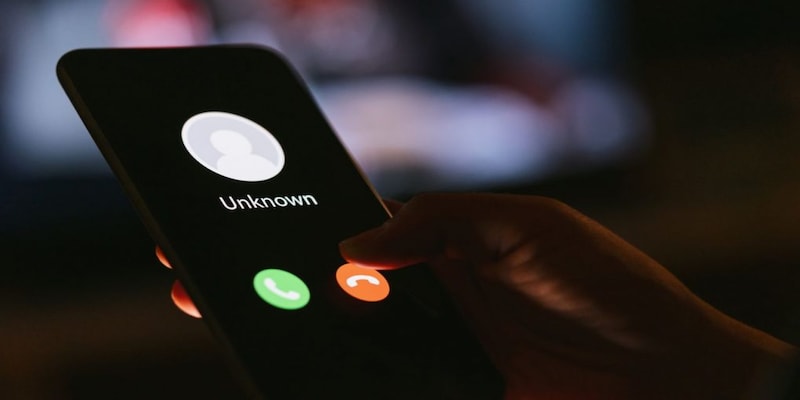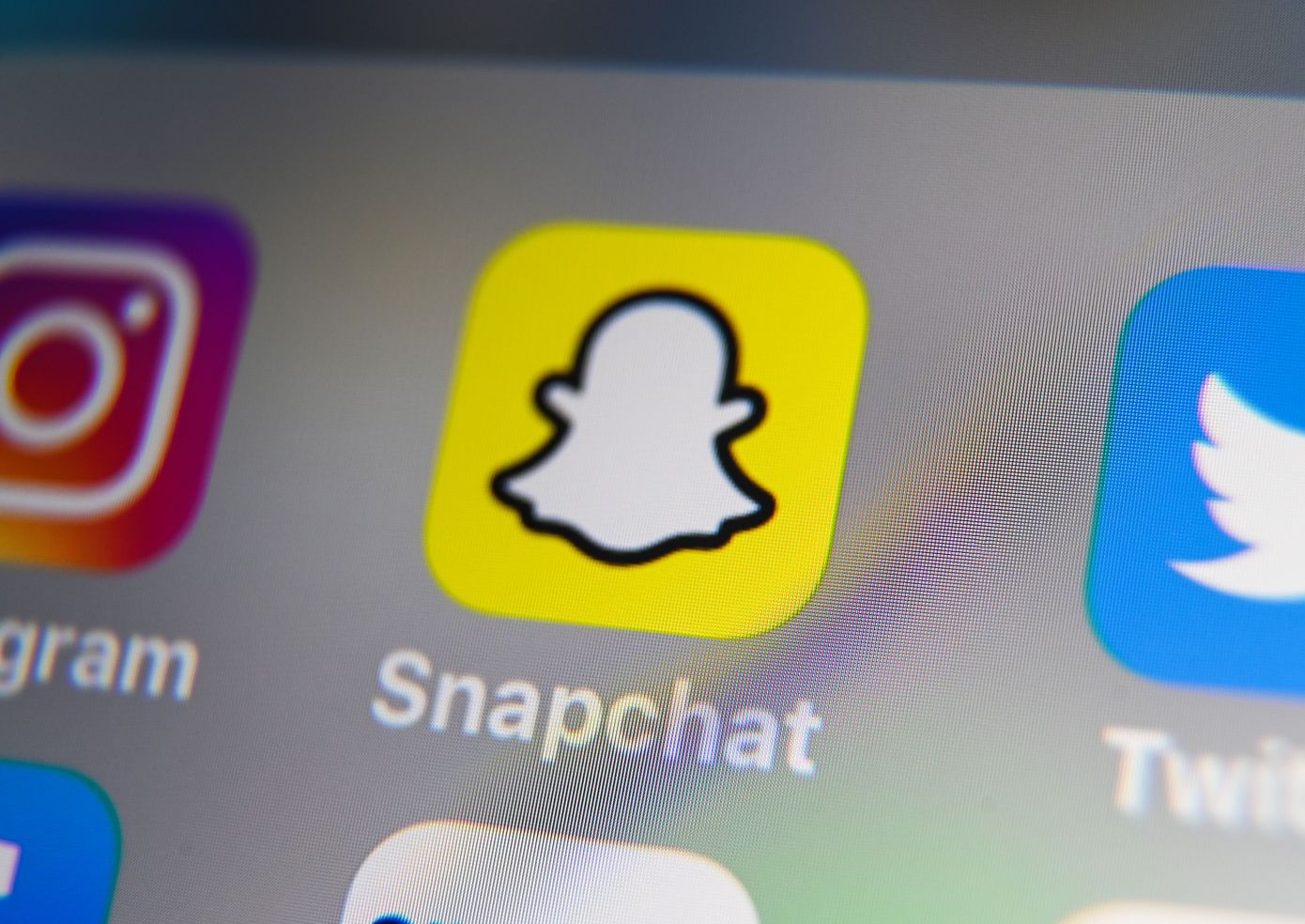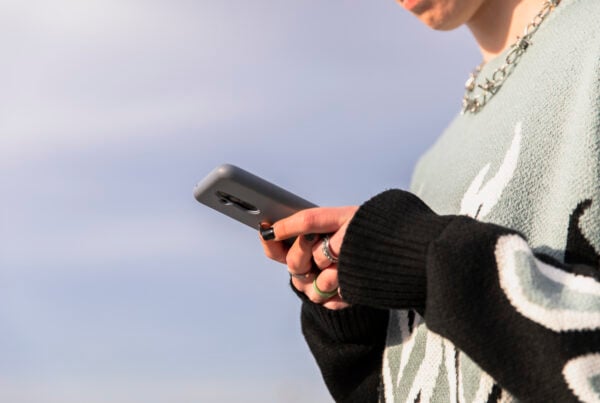Find out the week’s top mobile stories from around the world. Stories this week include… Twitter blue verified set to launch on Apple’s iOS app, Meta fined €265m in Facebook data-scraping case that exposed millions of mobile phone numbers, TRAI begins consultation process for tech to provide caller identification on mobile phones Info, and much more…

Twitter blue verified set to launch on Apple’s iOS app – Information
Reuters
Twitter Inc’s Blue verified service is scheduled to roll out on Friday, but only on Apple’s iOS (AAPL.O) mobile software, the Information reported on Tuesday, citing a person briefed on the plans.
As Twitter plans to launch the subscription offering via an update to Twitter’s iOS app, it needs Apple’s approval as part of the standard app review process, the report said, adding that the company would update its Android app later.
This comes a day after new owner Elon Musk accused Apple of threatening to block the Twitter from its app store without saying why in a series of tweets that also said the iPhone maker had stopped advertising on the social media platform. read more
Read more…
Meta fined €265m in Facebook data-scraping case that exposed millions of mobile phone numbers
Independent Ie
Apple and Google’s dominance over cloud gaming and mobile browsers will be investigated by the UK’s competition regulator, it has announced.
Meta has been fined €265m by Ireland’s Data Protection Commissioner for not preventing millions of Facebook users’ phone numbers, emails and other personal data being ‘scraped’ and published onto the wider internet.
The latest fine means that Ireland’s pan-European regulator has now levied almost €1bn in fines from Meta in the last 18 months.
The new sanction was for systemic failures which resulted in the publication of personal data, including mobile phone numbers, of gardai, sitting judges, prison officers, social workers, journalists and others. It coincided with a spike in scam calls and texts in Ireland and across Europe.
TRAI begins consultation process for tech to provide caller identification on mobile phones
CNBC
In a move to check pesky and fraud calls, telecom regulator Trai has started a public consultation to put in place a mechanism to display the name of the caller on mobile phones, an official statement said on Tuesday. At present there are apps like ‘Truecaller’ and ‘Bharat Caller ID & Anti-spam’ which provide calling party name identification and spam identification facilities, but the names are based on crowd sources which may not be reliable, the Telecom Regulatory Authority of India (Trai) said in the consultation paper on “Introduction of Calling Name Presentation (CNAP) in Telecommunication Networks”.
Read more…
Snapchat complies with the California Privacy Rights Act with a new toggle switch for users
Tech Crunch
Snapchat is adding a new privacy setting that enables users based in California to better protect their sensitive personal information. The company confirmed it’s rolling out a feature designed to comply with the California Privacy Rights Act (CPRA), which takes effect on January 1, 2023, and applies to personal data collected on or after January 1, 2022.
In November 2020, California residents voted to pass the CPRA, also known as Proposition 24, which builds on an earlier consumer privacy law, the California Consumer Privacy Act (CCPA) of 2018.
Read more…
Aussies hooked on mobile wallets and digital payments, new report shows
Mozo
If you’ve become reliant on digital payments over the past few years, you’re in good company. The State of Consumer Money Movement Report 2022, issued by card-issuing platform Marqeta, shows that a much higher rate of Australians have adopted mobile wallet usage than our UK and US counterparts.
While more than 80% of Aussies say they have used digital wallets in the past 12 months, that figure is only 71% for the US and 77% for the UK. These figures are up year-on-year across the board, and it looks like a lot of this has to do with lingering habits from the COVID-19 pandemic and lockdowns.
Read more…
Africa’s Mobile Money Ecosystem Embraces Blockchain to Drive X-Border Real-Time Payments
PYMNTS
In 2020, scientists at the University of Zambia (UNZA) proposed a clearing and settlement architecture that would allow interoperability between mobile money payment networks based on a distributed ledger system.
The researchers argued that a payment infrastructure based on a centralized database is ill-suited to the way people use mobile money and creates significant barriers to interoperability between different networks. In response to this problem, they made the case for mobilizing blockchain technology to enable mobile money transactions.
Fast forward, it appears MFS Africa, which has created a single interoperable transfer network that connects over 400 million mobile wallets across the continent, is looking to bridge that gap.
Read more…
Shoppers across Europe increasingly using mobile to find discounts and engage
Internet Retailing
Shoppers are relying on smartphones in-store to help them manage the cost-of-living crisis, with more than half of them (54%) using phones to compare costs in-store. 85% of them say they are doing this because of the cost-of-living crisis.
Nine out of ten shoppers (88%) say that special offers and promotions are important purchase drivers, which overrides other credentials such as customer reviews (78%). This is most pronounced in non-essential categories such as fashion (89%) and luxury (91%).
Read more…
How Utilities Can Securely Innovate with IoT and 5G
Homeland Security Today
A growing number of utility firms are betting on Internet of Things (IoT) devices to modernize their operations, gain timely and granular insights about infrastructure health, and enable advanced capabilities. However, IoT is only effective when ubiquitous network coverage is in place to enable anywhere sensor connectivity. Given the geographically dispersed nature of utility infrastructure, private LTE or 5G networks are often the only answer. Fortunately, these private mobile networks are easier and more cost-effective to deploy than ever. At the same time, they also introduce entirely new and unique security risks that many utilities aren’t yet equipped to manage.
Read more…
How will Web3 impact mobile gaming in the future?
Pocket Gamer
Web3 and blockchain technology are becoming more and more prominent, and companies within the tech sector are eager to carve out their place in the new frontier.
Mobile gaming is no different. Companies are taking advantage of the potential of the technology to create new experiences for gamers, whether that’s through giving them the opportunity to earn money while gaming or simple offering novel mechanics.
We spoke to Superfine CEO Christian Calderon about how Web3 is impacting the mobile games space.

/cloudfront-us-east-2.images.arcpublishing.com/reuters/6IK5LPVL6JPYPA3IFFNZYIR3V4.jpg)










